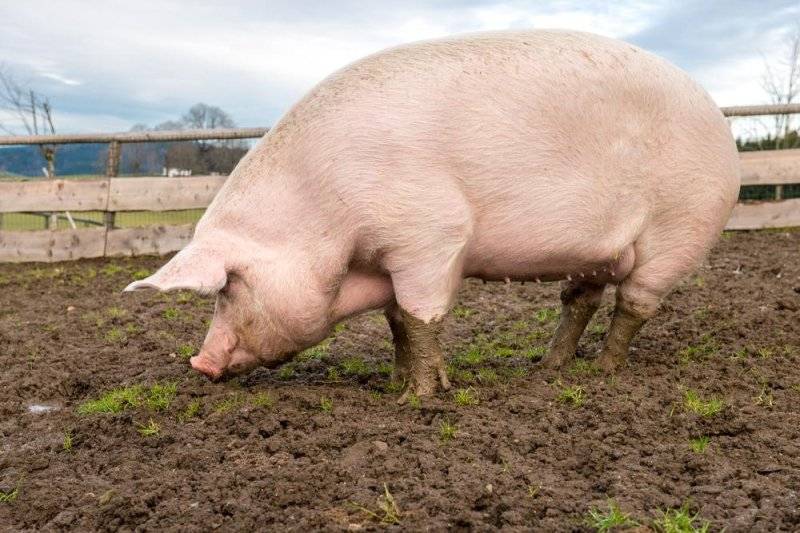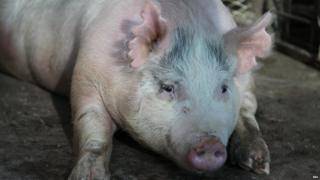Don't think Mooslamics would go for this...
Genetic changes could make pig organs usable for human transplant
Oct. 12, 2015 - The modifications prevented a human immune response to pig cells and eliminated a disease that can infect human cells.
Genetic changes could make pig organs usable for human transplant
Oct. 12, 2015 - The modifications prevented a human immune response to pig cells and eliminated a disease that can infect human cells.
A gene editing technique called CRISPR could allow scientists to genetically modify pig organs to be better matches for human transplant patients, according to new research. Researchers at Harvard Medical School found 62 DNA sequences in pigs, which are the remnants of a virus called porcine endogenous retrovirus, or PERV, that has been shown to infect human cells in lab experiments.

Pig organs are seen as a having potential use for humans because they are similar in size.
Scientists think that pig organs could be used for human transplant patients because they are similar in size. PERV, and the intense immune response to pig cells, have held back their use. "Basically, this whole field has been in the doldrums for 15 years," George Church, a geneticist at Harvard University, told Science Magazine. "There's been kind of a few true believers that had it on life support. But I think this changes the game completely." The CRISPR gene-editing technology uses the Cas9 protein to guide RNA into a cell, allowing scientists to alter genes. In the new study, researchers at Harvard describe disrupting 62 copies of the PERV gene in an pig's kidney epithelial cell line. When these cells were then introduced to human cells in the lab, a nearly 1000-fold decrease in PERV transmission was seen. This, the researchers wrote, shows that the virus can be inactivated for clinical application to pig-to-human transplants.
Church told Nature that his research team also changed more than 20 other pig genes that cause an immune response in human cells. The research has yet to be published, but Church said that for pig organs to be a viable option for human transplant, both sets of modifications would need to be made. "It was kind of cool from two stand points," Church, who also owns a company that is working to develop pigs for growing organs to be used in human transplants, told the BBC. "One is it set a record for Crispr or for any genetic modification of an animal, and it took away what was considered the most perplexing problem to be solved in the xenotransplantation field. With immune tolerance, that completely changes the landscape as well. These two things, immune tolerance and now getting rid of all the retroviruses, means we have a clear path." The study is published in the journal Science.
Genetic changes could make pig organs usable for human transplant



